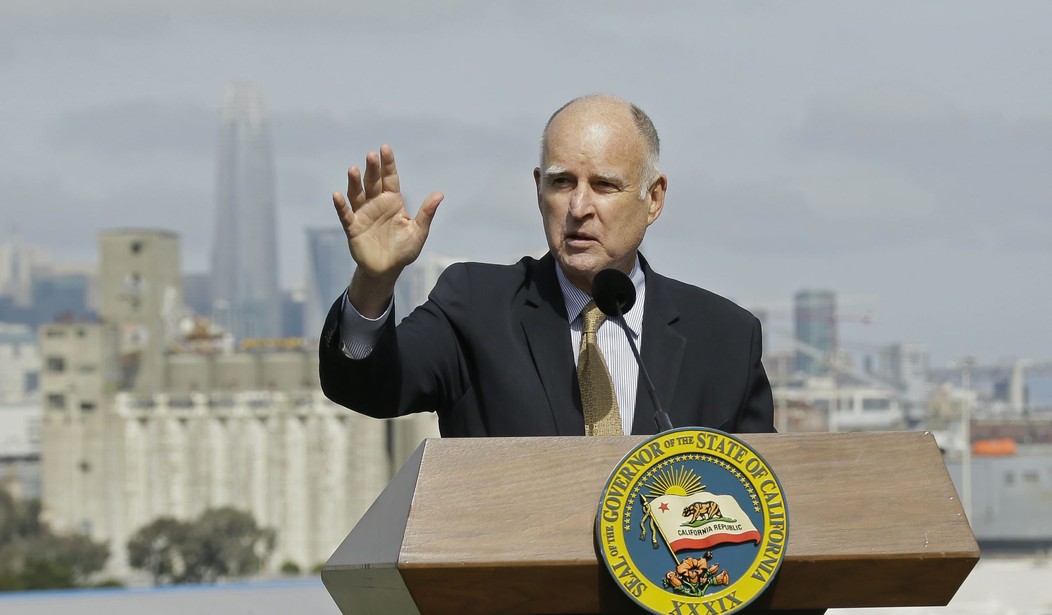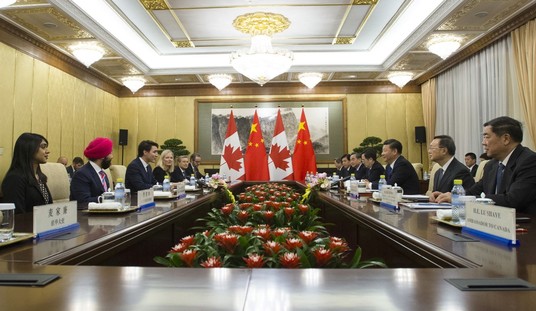WASHINGTON – Despite governors and mayors across the country promising to fulfill U.S. obligations to the Paris Climate Agreement, officials from New York City and California said Monday that the country will eventually need participation from the federal government to meet targets.
“I like to think that in a couple of years someone in Washington will come to their senses and realize that we need to work with the international community on climate change issues,” California Secretary for Environmental Protection Matthew Rodriquez said at the Council on Foreign Relations in New York on Monday. “And when they do, there will be a good base because there will be a number of programs already being implemented around the country that are demonstrating we can reduce greenhouse gas emissions, demonstrating how these programs fit into the economy.”
During the 23rd UN Climate Change Conference (COP23) earlier this month in Bonn, Germany, a coalition of American politicians and business leaders reaffirmed commitments to ensure that the U.S. meets the Paris Climate Agreement obligations that President Trump rescinded in June. Led by California Gov. Jerry Brown and former New York City Mayor Michael Bloomberg, a group that calls itself America’s Pledge has grown to 2,300 states, counties, cities, tribal groups, businesses, nonprofits and colleges.
New York City’s Chief Resilience Officer Daniel A. Zarrilli said that the conference in Bonn was a chance to show the rest of the world that American resolve on climate change remains, despite Trump’s decision to roll back U.S. involvement.
“The actions that we’re taking are actually going to make up the bulk of the greenhouse gas emissions to meet the American pledge to the Paris Agreement,” Zarrilli said. “We wanted to be a part of that American message to the globe (in Bonn), to make sure that anyone else across the globe who was thinking of pulling back, and thankfully we haven’t seen that over the course of the last year, that the American decision to begin the withdrawal process from the climate agreement shouldn’t stop what we’re all doing together.”
Rodriquez said the conversation will continue between now and September 2018, when California hosts the Global Climate Action Summit in San Francisco. Leadership for the summit includes Brown, Bloomberg, UN Framework Convention on Climate Change Executive Secretary Patricia Espinosa and prominent Indian businessman Anand Mahindra, who is chairman of the Mahindra Group.
Rodriquez said that the American summit will be a good primer for COP24, which is scheduled for December 2018 in Poland.
During the discussion, the two officials were asked how U.S. representatives are viewed in the international community when discussing climate change efforts, specifically whether state leaders are “gadflies or rock stars.”
Rodriguez said that at COP19 in Warsaw, Poland, in 2013, U.S. leaders weren’t quite gadflies, but they were certainly on the “periphery” of the discussion. Then in Paris in 2015 during the COP21, Brown and governors from Washington and Oregon were featured speakers.
“I’d like to think that we’re far from gadflies and, in fact, we’ve provided some substance, I think, to the discussions and have addressed some of the issues that have come up in the past,” he said, noting various climate efforts with China, Germany and the Netherlands, among others.
When asked about the federal government’s efforts on climate change, Zarrilli accused the administration of actively obstructing efforts, citing President Trump’s decision to rescind the Clean Power Plan before it went into effect. He also pointed to the decision to dismantle the Flood Risk Management Standard, a rule that the Obama administration implemented toward the end of his term, which attached planning guidelines to federal disaster recovery with the goal of building stronger infrastructure in the wake of disasters.
He added that a “silver lining” from the 2016 presidential election is that the U.S. is having more discussion about climate change.
“We’re having more of a national dialogue, I believe, when you saw the hurricanes in Houston and Florida and Puerto Rico,” he said.









Join the conversation as a VIP Member